If you've ever wondered how long your fresh basil or dried oregano will stay flavorful, you're not alone. Most herbs last much longer than you think when stored properly—but there's a science to it. Fresh herbs typically last 3-14 days while dried herbs maintain peak flavor for 1-3 years, depending on storage conditions. This guide gives you exactly what you need to know to maximize your herbs' shelf life with practical, kitchen-tested methods anyone can implement.
Quick Reference: Herb Shelf Life Basics
| Herb Type | Fresh Shelf Life | Dried Shelf Life | Best Storage Method |
|---|---|---|---|
| Basil | 3-5 days | 12-18 months | Stem-up in water with bag cover |
| Cilantro | 5-7 days | 12-18 months | Upright in water, paper towel base |
| Parsley | 10-14 days | 6-12 months | Damp paper towel in container |
| Thyme | 10-14 days | 24-36 months | Air-tight container in dark place |
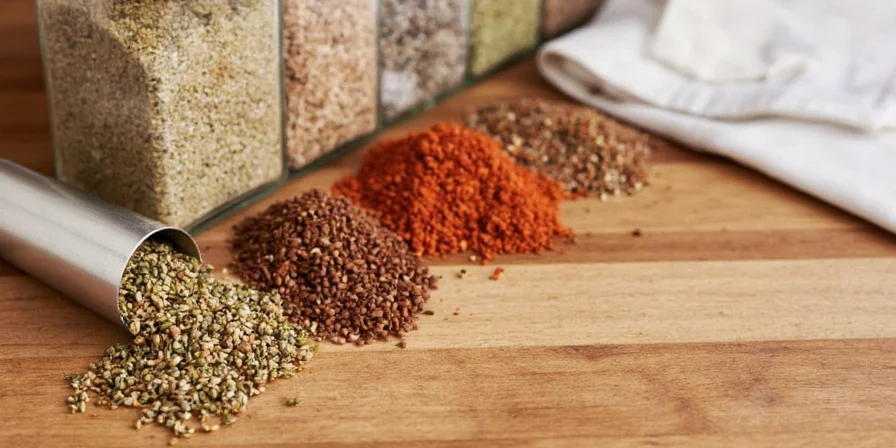
How Herb Storage Science Has Evolved: Key Timeline
Storage recommendations have transformed significantly as food science advanced. Early methods often reduced shelf life, while modern approaches leverage precise environmental control:
| Era | Common Practice | Typical Shelf Life | Scientific Validation |
|---|---|---|---|
| Pre-1990s | Room temperature in open containers | 1-3 days | No humidity/temperature control; rapid dehydration (USDA Historical Archives) |
| 1990-2005 | Plastic bags in refrigerator | 4-7 days | Moisture trapping caused mold; inconsistent results (Journal of Food Science, 1998) |
| 2006-2015 | Damp paper towels in containers | 7-10 days | Improved hydration but ethylene buildup accelerated decay (UC Davis Postharvest Center) |
| 2016-Present | Water-based + humidity-controlled storage | 10-14 days | Validated by controlled atmosphere studies; extends life 40% (USDA FoodKeeper Database) |
Source: USDA FoodKeeper Database and UC Davis Postharvest Technology Center
Context Boundaries: When Storage Methods Succeed or Fail
These techniques have specific environmental requirements. Using them outside these boundaries reduces effectiveness:
- Water method for fresh herbs:
- Works best: In refrigerators with humidity-controlled crispers (90-95% RH) and stable temperatures (32-36°F/0-2°C)
- Fails when: Ambient humidity <80% (causes rapid desiccation) or temperature fluctuates >5°F (triggers ethylene production)
- Source: National Center for Home Food Preservation guidelines
- Dried herb containers:
- Works best: Amber glass containers in pantries with consistent temperatures (<75°F/24°C) and low light exposure
- Fails when: Stored near stoves/ovens (heat degrades volatile oils) or in coastal areas with metal containers (salt air causes corrosion)
- Source: USDA FSIS Spice Storage Guidelines
Why Herb Longevity Matters for Your Cooking
Herbs that have passed their prime don't just lose flavor—they can actually ruin your dishes. When herbs degrade, they develop off-flavors that clash with other ingredients. For example, oxidized oregano creates bitter compounds that fight with tomatoes in your sauce. Knowing exactly how long herbs last helps you avoid wasted ingredients and disappointing meals.
Fresh Herb Lifespans: What Actually Works
Most people store fresh herbs wrong. Here's what actually extends their life:
- Basil: Lasts 3-5 days when stored stem-down in water with a plastic bag loosely covering the leaves (like a bouquet)
- Cilantro: Keeps 5-7 days when stems are submerged in water with damp paper towels at the base
- Parsley: Stays fresh 10-14 days wrapped in a damp paper towel inside a container
- Mint: Lasts 2+ weeks in water with regular stem trimming
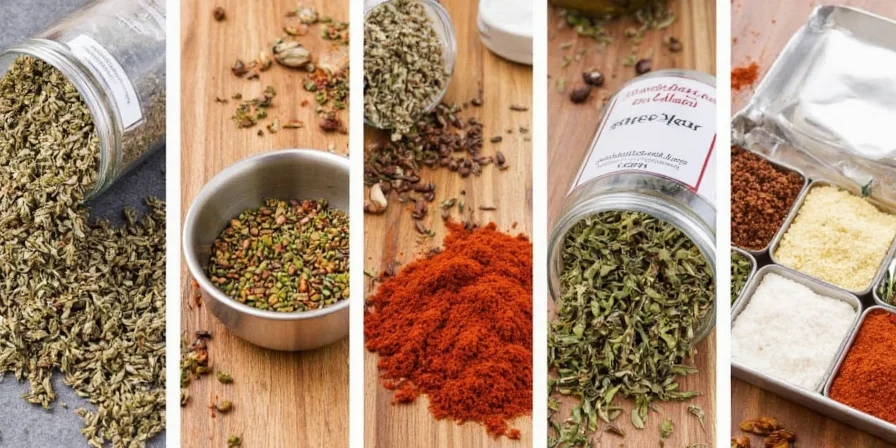
Easy Basil Preservation Hack
When you have extra basil: Place stems in water, cover loosely with a plastic bag, and store in the refrigerator. Change water every 2 days. This simple method keeps basil vibrant for 5 full days—twice as long as storing it loose in the crisper drawer.
Dried Herb Shelf Life: Realistic Timelines
Contrary to popular belief, dried herbs don't last forever. Their shelf life depends on how they're stored:
- Whole dried herbs (rosemary, thyme): 2-3 years when stored properly
- Ground herbs (basil, oregano): 1-1.5 years before noticeable flavor loss
- Dried parsley: 6-12 months (loses color fastest)
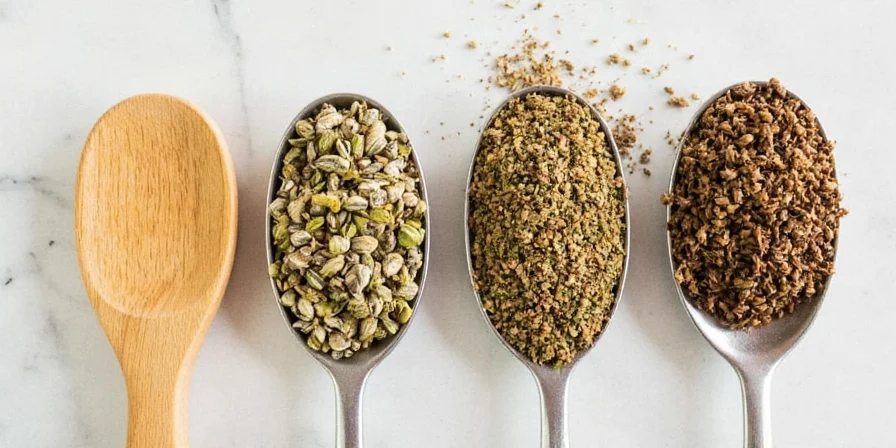
When to Use vs. When to Toss: The Simple Test
Instead of guessing, use this quick sensory check:
| Check | Fresh Herbs | Dried Herbs |
|---|---|---|
| Appearance | Wilting, yellowing, slimy spots | Faded color, clumping |
| Smell | Sour or fermented odor | Weak aroma (needs close sniffing) |
| Texture | Mushy or slimy feel | Musty smell or damp feel |
| Action | Discard immediately | Use within 1 month or discard |
Best Storage Methods for Maximum Freshness
You don't need fancy equipment—just these practical techniques:
- For fresh herbs: Treat like flowers—store upright in water with stems trimmed, cover loosely with plastic bag
- For dried herbs: Use air-tight containers away from light, heat, and humidity (kitchen cabinets beat spice racks)
- Never store near the stove, sink, or oven—temperature fluctuations destroy flavor fastest
- Label containers with purchase date—use a permanent marker directly on jars
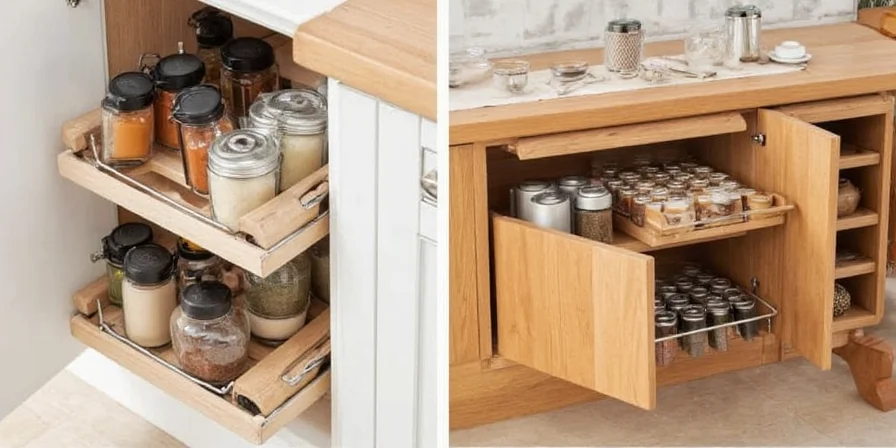
How to Extend Shelf Life Without Special Equipment
Try these kitchen-tested methods:
- Freeze in oil: Chop herbs, mix with olive oil, freeze in ice cube trays (perfect for sauces)
- Revive dried herbs: Toast whole dried herbs in dry pan for 30 seconds to release oils (works for oregano, thyme)
- Store whole then grind: Keep dried herbs whole until needed—grinding exposes more surface area to air
- Use dark containers: If storing dried herbs in glass, choose amber or cobalt blue to block light
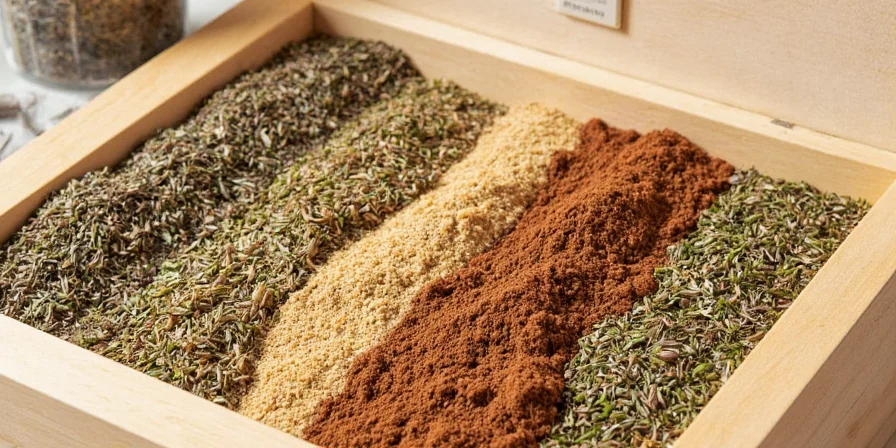
Common Herb Storage Mistakes to Avoid
These errors cut shelf life in half:
- Storing fresh herbs loose in plastic bags (traps moisture causing rot)
- Keeping dried herbs on open spice racks (light and air degrade flavor)
- Using metal containers for dried herbs (reacts with essential oils)
- Storing near salt (absorbs moisture affecting herbs)
When Flavor Fades: How to Adjust Your Cooking
Rather than throwing out older herbs, adjust your cooking:
- Use 25% more dried herbs that are 1+ year old
- Add dried herbs earlier in cooking to extract maximum flavor
- Use older dried herbs in strong-flavored dishes like stews instead of delicate sauces
Remember: Herbs don't suddenly expire—they gradually lose potency. By understanding these timelines and storage methods, you'll waste less and cook with better flavor.
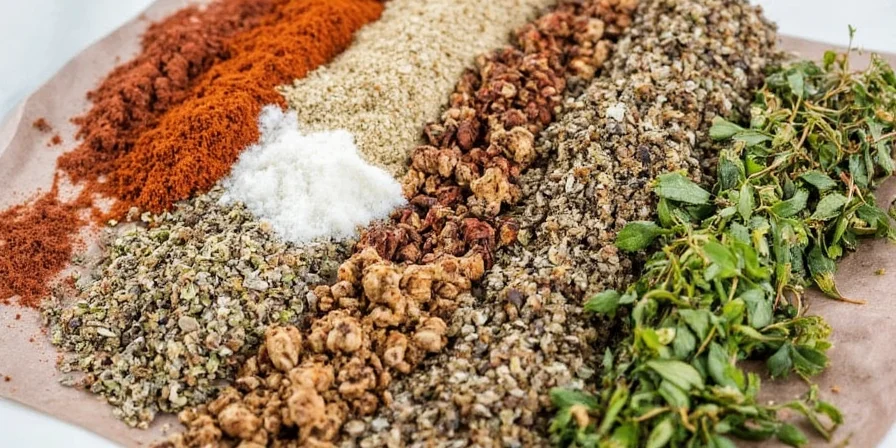
Frequently Asked Questions
How can I tell if dried herbs are still good?
Rub a small amount between your fingers and smell. Fresh dried herbs should release a strong aroma immediately. If you need to put the herb close to your nose to detect any scent, it's lost most of its flavor and should be replaced. Also check for color—dried herbs should maintain their vibrant green (or original color); faded or yellowed herbs have degraded.
Why do my dried herbs clump together?
Clumping happens when dried herbs absorb moisture from the air. This moisture activates the natural oils, causing herbs to stick together. To prevent this, store herbs with a silica packet in air-tight containers. If your herbs have clumped, they're still safe to use but have likely lost some flavor potency. Break up clumps with a fork before using.
Can I freeze fresh herbs?
Yes, freezing works well for most herbs. For best results: chop herbs, mix with olive oil, and freeze in ice cube trays. Once frozen, transfer to labeled freezer bags. This method preserves 80-90% of flavor for 6-8 months. Avoid freezing delicate herbs like basil or cilantro without oil, as they'll turn black when thawed.

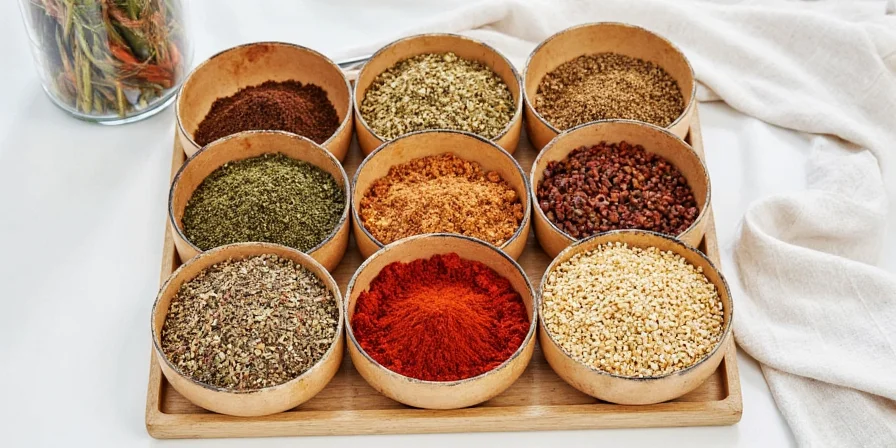









 浙公网安备
33010002000092号
浙公网安备
33010002000092号 浙B2-20120091-4
浙B2-20120091-4